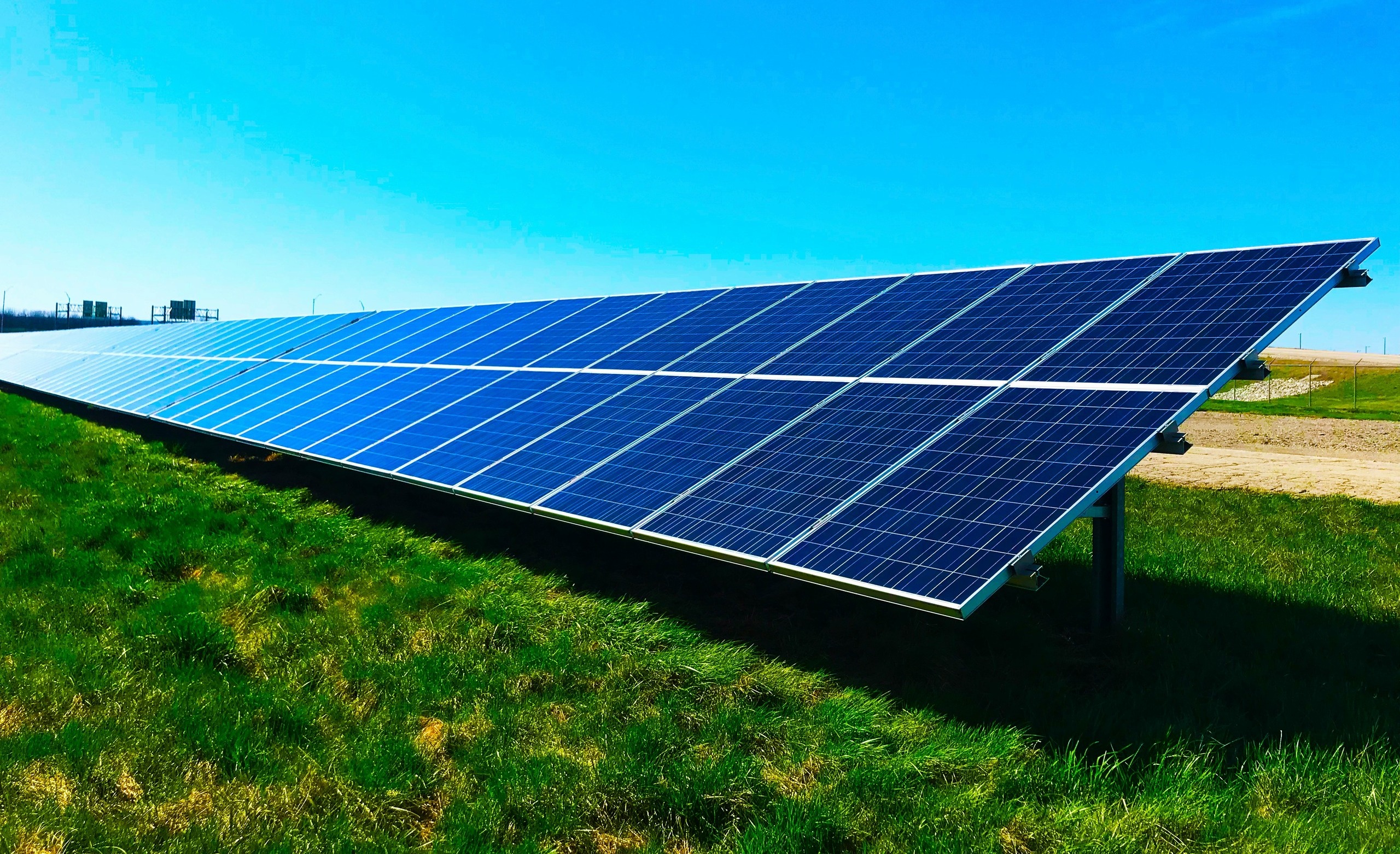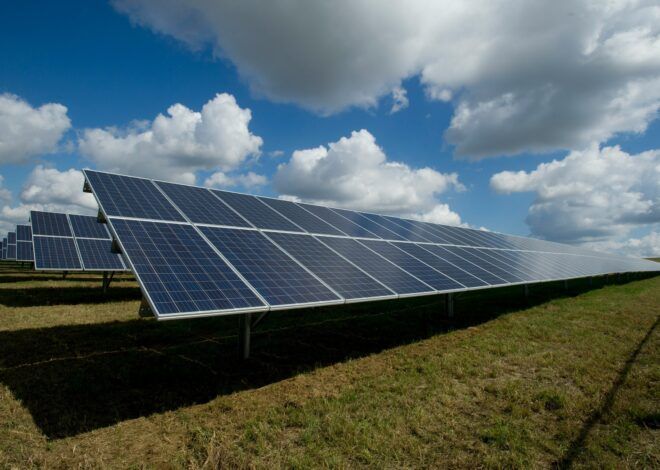
Off The Grid Energy Solutions
This blog will explore the vibrant world of off-the-grid energy solutions, detailing their benefits, various sources, and how you can start this transformative journey today. Imagine a life where you’re not tethered to the endless cycle of utility bills and energy shortages.
Instead, picture yourself harnessing the power of nature to fuel your home and lifestyle. Off The Grid Energy Solutions offer just that—a sustainable way to live independently while minimizing your carbon footprint.
As more people seek eco-friendly alternatives, off-the-grid living is becoming an appealing option for those looking to escape conventional energy dependence. Whether you’re considering total independence or simply reducing reliance on traditional utilities, there’s something here for everyone eager to embrace renewable energy!
Benefits of Off The Grid Energy Solutions
Off the grid energy solutions offer a wealth of benefits that attract many individuals and families. Freedom from utility companies is one of the most appealing aspects. You gain control over your energy production, reducing dependency on traditional power sources.
Cost savings also play a significant role in this shift. While initial investments may be high, long-term reductions in electricity bills can lead to substantial financial relief. Environmental impact cannot be overlooked either.
Utilizing renewable resources like solar and wind helps decrease carbon footprints, contributing to a healthier planet. Additionally, off-grid living fosters resilience against natural disasters or fluctuations in power supply.
With your own system, you’re prepared for unexpected outages without stress. There’s an undeniable sense of empowerment that comes with self-sufficiency. This lifestyle encourages innovation and creativity as people learn to harness nature’s resources effectively.
Top 3 Off The Grid Energy Sources
When exploring off the grid energy solutions, it’s essential to understand the various sources available. Each option offers unique advantages suited to different lifestyles and locations. Solar power systems harness sunlight using photovoltaic cells.
They are versatile and can be installed on rooftops or in open fields. This technology allows for a sustainable way to generate electricity in remote areas. Wind turbines capture wind energy through blades that spin as gusts pass by.
Wind farms can produce significant amounts of power, especially in windy regions. Smaller residential turbines also provide personalized energy solutions. Hydro power systems rely on flowing water to generate electricity. By utilizing rivers or streams, these setups can offer a reliable source of energy with minimal environmental impact when designed thoughtfully.
Choosing the right type depends on local resources, climate conditions, and individual needs—ensuring an effective off-the-grid experience tailored just for you.
#1. Solar Power Systems
Solar power systems have gained immense popularity as a reliable off-the-grid energy solution. They harness sunlight to generate electricity, making them both sustainable and eco-friendly. These systems consist of solar panels, inverters, and batteries.
Solar panels convert sunlight into usable energy, while inverters transform that direct current into alternating current for household use. One key advantage is their scalability. Whether you need a small setup for a cabin or a larger system for an entire home, solar can be tailored to fit your needs.
Maintenance is minimal; just periodic cleaning of the panels ensures optimal performance. Additionally, advancements in technology have significantly increased efficiency levels over recent years. With substantial incentives available from governments, transitioning to solar has never been more accessible or financially viable for homeowners seeking independence from traditional utilities.
#2. Wind Turbines
Wind turbines harness the power of the wind to generate clean energy. These tall structures, often found in open fields or coastal areas, convert kinetic energy into electricity. The technology has advanced significantly over the years.
Modern turbines are more efficient and quieter than their predecessors. They can now capture wind energy even at lower speeds. Installing a wind turbine can be an excellent option for those living off the grid. It provides a sustainable source of energy that reduces reliance on fossil fuels.
Moreover, they require relatively low maintenance after installation, making them appealing for long-term use. Wind farms can also be scaled to meet specific energy needs, whether for a single home or an entire community.
Choosing the right location is crucial for maximizing efficiency. Areas with consistent winds will yield better results and provide higher returns on investment over time.
#3. Hydro Power Systems
Hydro power systems harness the energy of flowing water to generate electricity. This renewable source is incredibly efficient and reliable. Typically, a hydroelectric setup involves building a dam or utilizing natural waterfalls. Water flow turns turbines, converting kinetic energy into electrical energy.
One key advantage is its scalability. Hydro installations can range from small, off-grid setups to large-scale plants powering entire cities. Additionally, these systems often have low operating costs after installation. They require minimal maintenance compared to other energy sources.
The environmental impact can vary based on design choices but generally offers cleaner alternatives to fossil fuels. By embracing hydro power, communities tap into an abundant resource while reducing their carbon footprint.
Innovations in technology continue to improve efficiency and decrease ecological disruption, making hydro power an attractive option for sustainable living solutions.
Choosing the Right Off The Grid Energy Solution
Choosing the right off the grid energy solution can feel overwhelming. Each option comes with its own set of advantages and challenges. Start by assessing your energy needs. Consider how much power you consume daily. This will guide you in selecting a system that meets those demands without excess.
Next, think about your location. The availability of sunlight, wind patterns, or water sources can greatly influence which energy source is most effective for you. Budget plays a crucial role too. Some systems require higher initial investments but may save money long-term through lower maintenance costs and utility bills.
Consider your lifestyle preferences. If you’re hands-on, building a solar setup could be rewarding. If you prefer minimal intervention, investing in hydro power might suit you better. Every choice has unique features; take the time to research thoroughly before making commitments.
Cost and Maintenance Considerations
When considering off the grid energy solutions, cost and maintenance are crucial factors. Upfront investment can vary widely depending on the type of system you choose. Solar panels might require more initial funds, while wind turbines could be less costly but need specific site conditions.
Maintenance is another aspect to think about. Solar systems generally require minimal upkeep—just occasional cleaning and inspections. On the other hand, wind turbines may demand regular checks due to moving parts that wear over time. Hydro systems can have different needs based on your water source’s stability and flow rate.
Understanding these nuances helps in budgeting for future expenses. Planning for replacements or upgrades is wise too; components like batteries may need replacement every few years. Keeping an eye on warranties can also provide peace of mind as you transition away from traditional energy sources.
How to Implement an Off The Grid Energy System
Implementing an off the grid energy system starts with thorough research. Understand your energy needs by evaluating consumption patterns in your home or business. Next, assess potential renewable resources available in your area. Solar, wind, and hydro options each have unique benefits based on location and climate.
After identifying the right source, create a detailed plan that outlines budget considerations. This includes equipment costs, installation fees, and any additional permits you might need. Once planning is complete, it’s time to gather materials or hire professionals for installation.
Ensure all components meet safety standards to avoid complications later. Maintain regular checks on your system to ensure efficiency and performance over time. Embracing this lifestyle requires commitment but rewards those who take the plunge into sustainable living.
Success Stories: Real Life Examples of Off The Grid Living
Many people have embraced off the grid energy solutions, transforming their lives and inspiring others. Take Sarah and Tom, for instance. They left city life behind to build a sustainable cabin in the woods. Using solar panels and a rainwater collection system, they now live comfortably with minimal utility costs.
Then there’s Mike, who converted an old bus into a mobile home powered by wind turbines. His adventures across national parks showcase how freedom can be achieved through renewable energy. In urban settings, families are installing backyard hydro systems to harness river currents.
This not only reduces their carbon footprint but also provides steady power. These stories illustrate that off the grid living isn’t just a trend; it’s becoming a lifestyle choice for many seeking independence from traditional energy sources while promoting environmental sustainability.
Conclusion
Embracing off the grid energy solutions opens up a world of possibilities for sustainable living. With various options like solar power, wind turbines, and hydro systems available, individuals can choose what best suits their lifestyle and environment. The benefits are clear: reduced electricity bills, increased independence from utility providers, and a smaller carbon footprint.
When considering cost and maintenance factors, careful planning is essential to ensure long-term success. By investing in the right system tailored to personal needs, anyone can transition towards a more self-sufficient way of life. Real-life examples demonstrate how many have successfully made this switch and now enjoy the freedom that comes with off-the-grid living.
As you explore your options for renewable energy sources, remember that taking even small steps toward sustainability can make a significant difference—both for you and the planet. The journey to going off grid might be challenging at times but rewarding beyond measure as it cultivates resilience and fosters connection with nature. Embrace the possibilities today!



Thanks a lot for this article. this blog post offers a valuable resource in providing information on renewable energy and sustainable living. It provides a comprehensive overview of the benefits, options, and considerations associated with adopting an off-grid lifestyle. I especially like the various energy sources you provided as well as taking concerns into consideration. I feel empowered with what I have gathered from this blog. Cheers.
Hey Kris,
Thank you for stopping by today and sharing your thoughts about off-the-grid energy solutions. I am so glad that you found the information in this article useful. I really appreciate your input. Without it, I would not be able to improve our website experience. Thanks again for your input and great comment. Best wishes Kris!